Business
Naira slumps against dollar to end on negative note
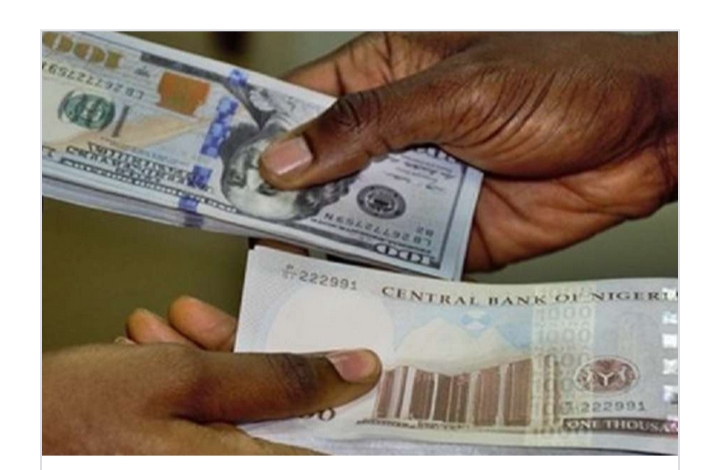
Naira slumps against dollar to end on negative note....Read Full Article>>
The Naira depreciated against the dollar on Friday at the foreign exchange market to end the week on a negative note.
FMDQ data showed that the weakened to N1678.87 per dollar on Friday from the N1639.50 exchange rate on Thursday.
This represents a N39.37 depreciation against the dollar compared to N1678.87 exchanged on Thursday.
Meanwhile, at the parallel market, the naira gained N10 to exchange at N1740 per dollar on Friday compared to N1750 recorded the previous day.
The development comes as Foreign Exchange transactions turnover surged astronomically to $1403.76 million on Friday from $244.96 million on Thursday, according to FMDQ data.
DAILY POST reports that in the week under review, the naira recorded mixed sentiments of gains and losses.
This showed Naira had continued to experience fluatuations in the FX marketers despite the Central Bank of Nigeria interventions.
Recall that on Wednesday, CBN authorised commercial, merchant, and non-interest banks in the country to manage tradeable foreign currencies deposited in domiciliary accounts established through the new Foreign Currency Disclosure, Deposit, Repatriation, and Investment Scheme.
Business
Naira appreciates against dollar
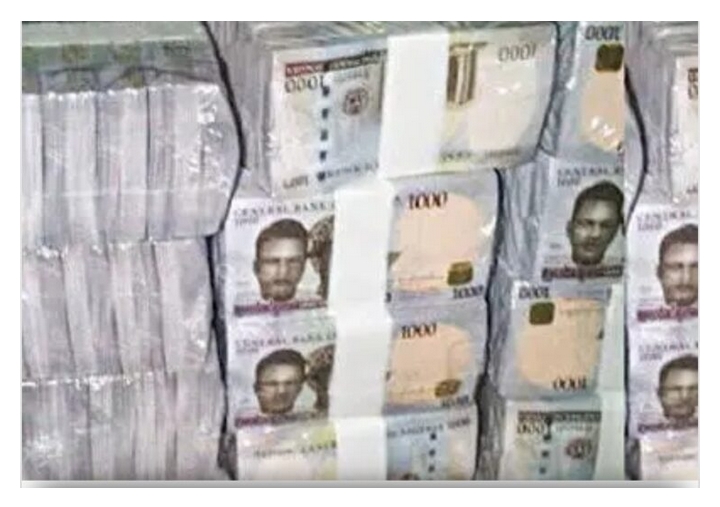
The naira appreciated against the dollar at the official foreign exchange market for the first time since last week.....Read Full Article>>
FMDQ data showed that the naira strengthened to N1,678.93 per dollar on Tuesday from N1,690.37 exchanged on Monday.
This showed that the naira gained N11.77 against the dollar.
DAILY POST reports that this is the first time the naira has appreciated against the dollar at the official market since November 13, 2024, when it closed at N1,645.
Meanwhile, at the black market, the naira remained flat at N1,745 per dollar on Tuesday, the same exchange rate on Monday.
This comes as FX transaction turnover fell to $173.14 million on Monday from $296.63 million recorded on Friday last week, according to FMDQ data.
Business
JUST IN ! See The Shocking Dollar- To- Naira Exchange Rate Today After Trump’s Victory
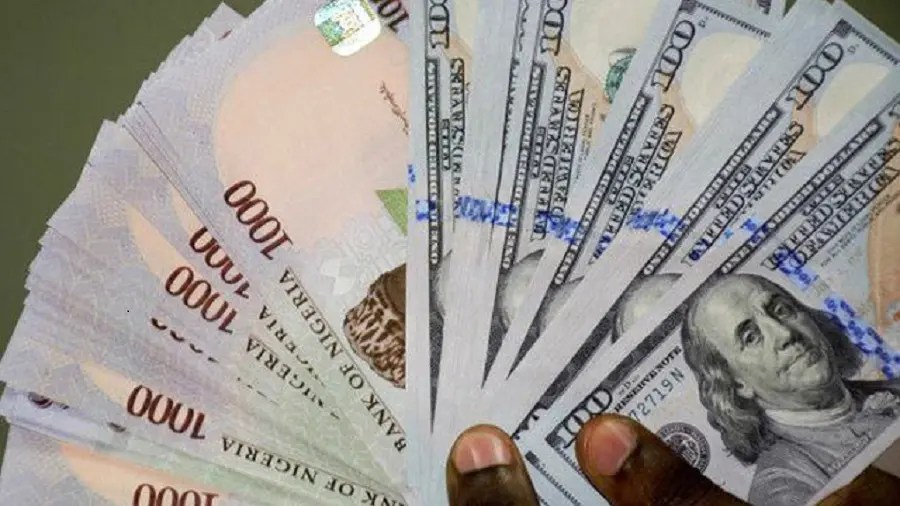
Dollar- To- Naira Exchange Rate Today After Trump’s Victory....Read Full Article>>
The US dollar soared to unprecedented levels following Donald Trump’ s election as the 47th President of the United States, marking a significant impact on global currency markets. This surge led to a noticeable drop in value for the British pound, euro, and Nigerian naira, which struggled in both official and unofficial markets. The dollar’ s rapid ascent reflects a renewed confidence in the US economy under Trump’ s projected policies, which many believe will foster greater investment returns and economic growth.
Bloomberg reports that the dollar spiked by as much as 1. 7%, marking its highest level since November 2023. This increase represents the dollar’ s strongest rally in four years, fueled by expectations that Trump’ s administration will bring investor- friendly policies. As confidence in the US economy grows, investors are moving their funds into dollars, causing a ripple effect in global markets.
The British pound, for instance, saw a substantial dip of 1. 41% against the dollar on November 6, its lowest point since August. Similarly, the euro fell by 2. 24%, reaching its weakest position since June. This sharp drop reflects investors’ concerns over the stability of the European economy compared to the perceived strength of the US market under Trump’ s leadership.
In Nigeria, the naira continued its decline against the dollar, compounding issues in a foreign exchange market that has already been under pressure. According to FMDQ Securities data, the naira fell to N1, 681. 65 per dollar on Wednesday, down from Tuesday’ s close of N1, 671. 32 per dollar— a 0. 61% decrease. In the black market, the naira also suffered, trading at N1, 735 to the dollar, reflecting a N5 drop from the previous day.
The ongoing depreciation of the naira against the dollar highlights the currency’ s vulnerability in Nigeria’ s fluctuating economy. The country’ s limited dollar supply in the Nigerian Autonomous Foreign Exchange Market (NAFEX) exacerbates this issue. On Wednesday, dollar supplies in the NAFEX window were recorded at $196. 78 million, but this has not been sufficient to stabilize the naira, leading to an unfavorable exchange rate for local businesses and consumers.
The Lagos Chamber of Commerce and Industry (LCCI) has weighed in on the naira’ s situation, expressing optimism that a re- evaluation of Nigeria’ s foreign exchange policy could stabilize the currency. According to LCCI President Gabriel Idahosa, a review of the current free- floating exchange rate by the Central Bank of Nigeria (CBN) could help ease the naira’ s decline. He suggested that a more managed approach might restore confidence in the naira, making it a more attractive currency for investors.
Idahosa’ s perspective aligns with the need for structural economic reforms in Nigeria to reduce dependence on the dollar. By diversifying the economy and strengthening local industries, Nigeria could reduce the impact of external economic shocks. For now, the dollar’ s dominance against the naira underscores the challenges facing the Nigerian economy, which relies heavily on oil exports and is vulnerable to fluctuations in the global energy market.
The dollar’ s surge serves as a reminder of the interconnectedness of global economies, where political shifts in one nation can trigger far- reaching consequences worldwide. As Trump’ s policies unfold, global currency markets are expected to remain volatile, with the US dollar likely to maintain its strong position. However, for economies like Nigeria’ s, this period underscores the urgency of strengthening domestic economic resilience to weather such international financial trends.
Business
JUST IN: First Bank notifies vendors of plans to transition to new banking platform from October 26
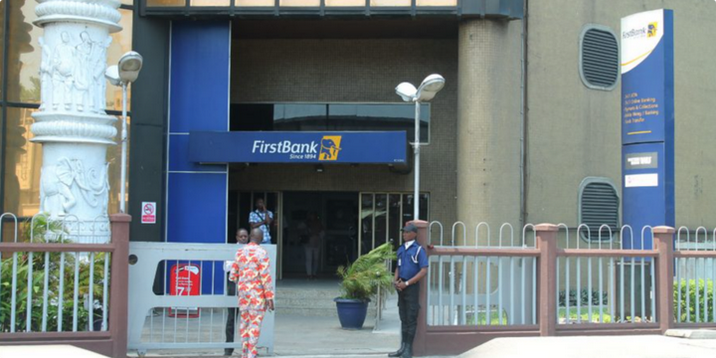
One of the tier-1 lenders in Nigeria, First Bank, has announced that it will transition to a new cloud-based procurement and financial platform as part of its ongoing efforts to enhance operational efficiency and service delivery.....Read Full Article>>
In a notice sent to its vendors and suppliers seen by Nairametrics, the Bank said the transition billed to start on Saturday, October 26, would cause some service disruptions, hence, the vendors were being notified ahead.
The bank has, however, not issued any notice to its depositor customers as of the time of filling this report.
This is coming amidst disruptions in the services of two other tier-1 banks, Zenith and GTBank as a result of their recent transition to new core banking platforms.
What First Bank is saying
In the notice sent on Wednesday, the Bank wrote:
“As part of the Bank’s continuous investments to improve operational efficiencies and service experience, we will be transitioning from our current Procurement and Financial Platforms to a new Cloud-based Platform that provides additional capabilities and benefits.
“During the cut-over period, certain activities and transactions will need to be suspended to aid housecleaning and safe migration of transactions with minimal disruption.
“The cut-over period will be from Saturday, October 26, 2024, to Sunday, November 3, 2024, while the new Cloud-based solution will be live on Monday, November 4, 2024, and normal activities will resume.”
Services to be impacted
The Bank noted that during the transition period, vendors would be unable to submit invoices on the bank’s current Electronic Business Suite (EBS).
- It said payments during this period will only be processed if invoices are submitted for received POs by Friday, October 25, 2024.
- While noting that its current supplier portal will no longer be in use effective November 4, the Bank said subsequent communication on the details of the new Supplier Portal and a job card will be provided before Go-live on Monday November 4, 2024.
“Kindly note to take proactive steps as indicated above to avoid business disruption during this critical period. Further details regarding onboarding, training and user guides will be communicated before the end of the week,” the Bank stated.
What you should know
While the Bank’s message was focused on the suppliers and vendors side of the transition, it is unclear yet how this will impact its depositor customers.
Similar transitions by Sterling, Zenith, and GTBank have left many bank customers in frustration as many found it difficult to carry out transactions.
As of Monday, some customers of the banks were still having difficulty accessing their money even weeks after the banks said the transition process had been completed.
Business
Reason we sold $543.6m to Nigerian banks – CBN
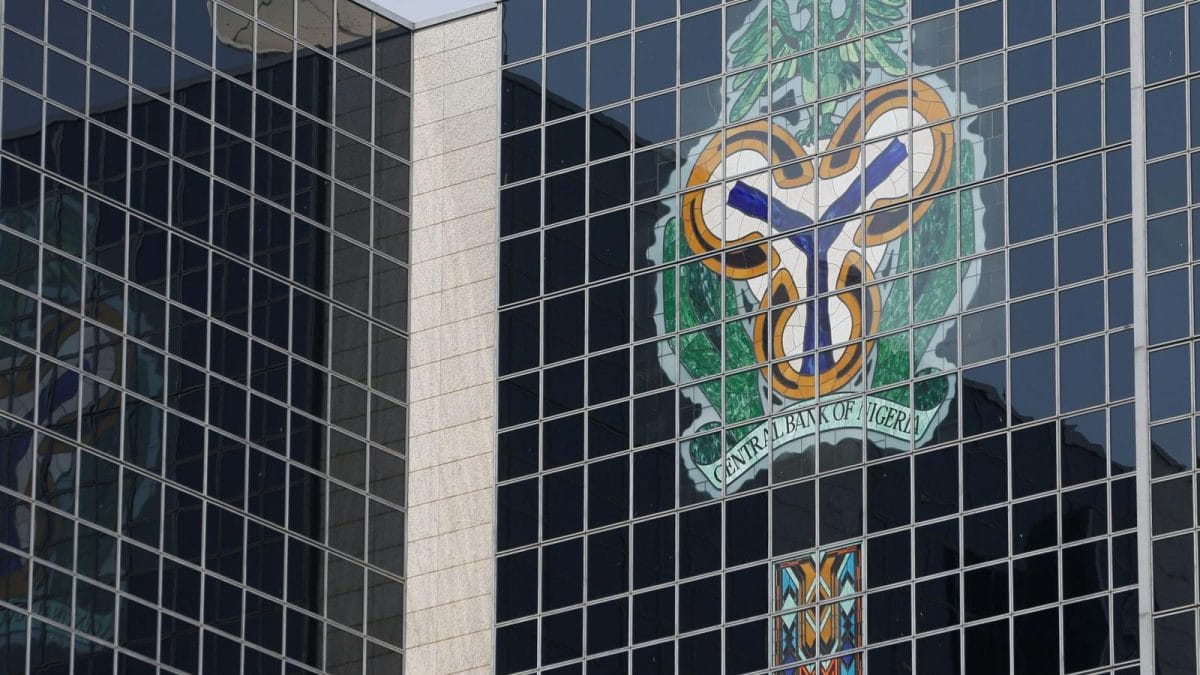
The Central Bank of Nigeria said it sold $543.6 million to authorized dealer banks at the Nigerian Foreign Exchange Market between 06 and 30 September 2024. CBN disclosed this in a statement at the weekend detailing the breakdown of the FX interventions.....Read Full Article>>
According to the statement signed by CBN Director of Financial Marketers Departments, Omolara Duke, the FX sales conducted during the period under review was to reduce the FX volatility driven by demand high for commodity importations and seasonal demand.
The apex bank noted that FX was sold between N1530 and N1580 per dollar rate to legible dealer banks in September 2024.
“The FX spot sawere was to reduce the observed volatility driven by demand high for commodity importations and seasonal demand.
“The Central Bank of Nigeria will continue to facilitate the supply of FX into the Nigerian Foreign Exchange Market as part of its holistic FX management strategy,” it said.
DAILY POST reports that Naira closed September at N1541.94 and N1700 per dollar at official and parallel foreign exchange markets.
However, Naira stood at N1631.21 and N1670 per dollar at the close of work on Friday, October
-

 Latest News4 weeks ago
Latest News4 weeks agoBREAKING: Journalist Who Exposed Army Chief Lagbaja’s Death In Serious Trouble As Military Reportedly Issues Unexpected Order
-

 Latest News1 month ago
Latest News1 month agoSUNDAY Turns BLOODY As Simon Ekpa’s Boys Reportedly Slaughter Dozens Of Soldiers; SEE Details
-

 Health1 month ago
Health1 month agoBitter Leaf Water is Not For You, Should Stop Drinking If You Belong to These Category
-

 Health1 month ago
Health1 month agoAvoid Prostate Cancer It Suddenly Kills, Stop Eating These 4 Foods In Excess
-

 Latest News1 month ago
Latest News1 month agoMohbad’s Wife Is PREGNANT? – Late Singer Wife Finally Breaks Silence On Viral Report, Here’s What She Said
-

 Latest News1 month ago
Latest News1 month agoDrama: “From grace to bush” – Netizens react to ‘Happy boys’ applying for 9-5 jobs (VIDEO)
-

 Latest News4 weeks ago
Latest News4 weeks agoWARNING! ! Shocking Detail: Do You Have MTN Line? They May Shut Down Soon According To MTN CEO Karl Toriola
-

 Health1 month ago
Health1 month ago6 Health Conditions That Chanca Piedra Leaf Can Help Treat


































































